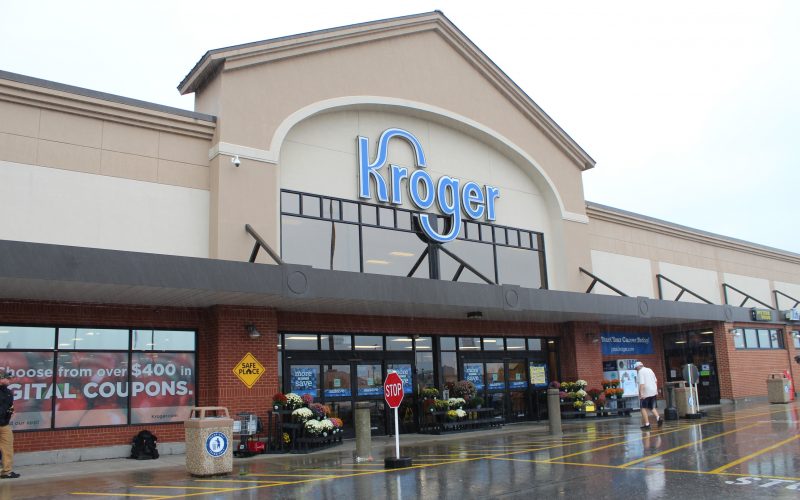A U.S. District Judge in Oregon intervened to block a $25 billion acquisition attempt by Kroger to take over Albertsons.
The decision was based on concerns raised by the Federal Trade Commission (FTC) regarding the potential negative effects of the merger on market consolidation.
The big picture: Judge Adrienne Nelson expressed her ruling that the merger between Kroger and Albertsons would likely have adverse consequences for consumers. She highlighted the intense competition between the two companies and stated that the merger would eliminate this competitive dynamic, ultimately harming consumers.
- The judge’s decision also emphasized the negative impact the merger would have on workers, suggesting that increased consolidation resulting from the merger could diminish workers’ bargaining power, furthering the negative implications of the acquisition.
State of play: Market reactions to the ruling saw Kroger’s shares closing up by 5% while Albertsons’ shares experienced a 2% decline.
Driving the news: Kroger had argued the merger is essential for its competitive positioning against big-box retailers like Walmart, Target, and Amazon, which have been rapidly expanding their grocery businesses.
- However, the judge, Nelson, emphasized that supermarkets still represent a distinct and niche market within the U.S. consumer landscape, requiring a careful consideration of the merger’s potential effects.
- This judicial decision marks a triumph for the Biden administration and particularly for FTC Chair Lina Khan, known for her aggressive stance against mergers that could lead to monopolistic practices in the market.
What they’re saying: California Attorney General Rob Bonta celebrated the ruling, saying it is a win for California households and communities.
- “As many families continue to feel the burden of inflation, fighting corporate consolidation that threatens to increase grocery prices is more important than ever,” Bonta said. “In some markets in Southern California, Kroger-Albertsons would have been the only one-stop grocery option, leaving consumers limited choice over where to shop – and for workers in this industry, where to work. I am tremendously proud of the work of my office and our partners across the state and country in raising the alarm about what this merger would have meant for our communities.”











